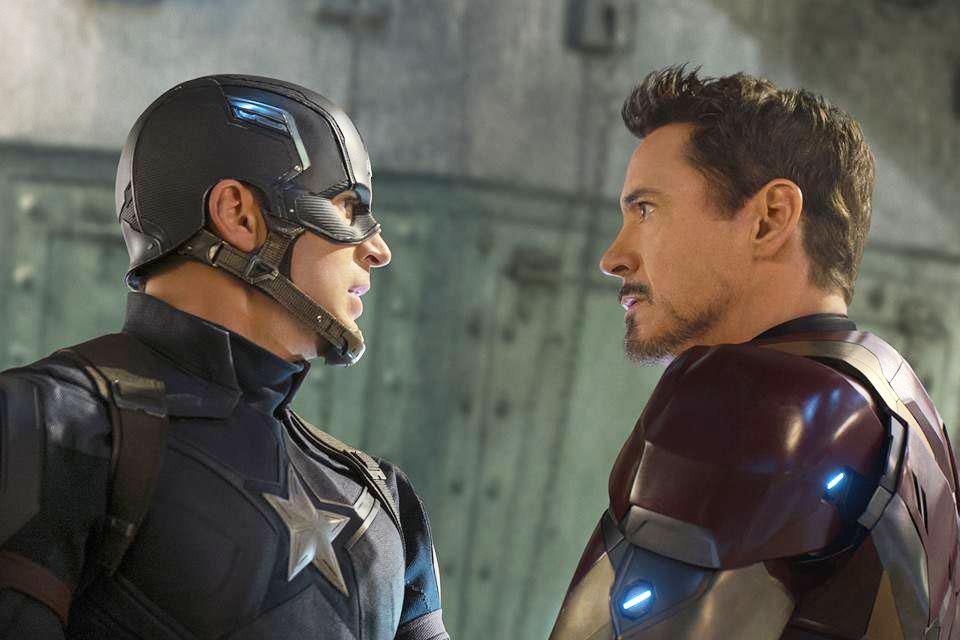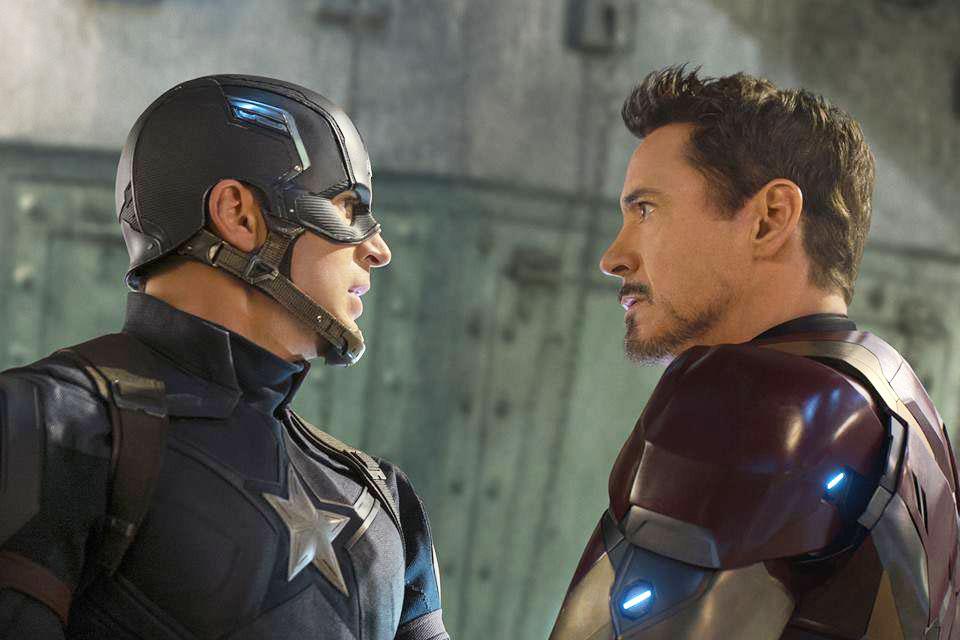facebook.com/CaptainAmerica “Captain America: Civil War”earned $181.79 million during its opening weekend.
Six weeks after DC released “Batman v. Superman,” Marvel hit back with the next collided superhero universe with “Captain America: Civil War.”
The film stars Chris Evans as the titular superhero and is very loosely based on the 2006 comic book mini-series, “Civil War.”
The film is directed by Anthony and Joe Russo, who returned to the director chair from “Captain America: The Winter Soldier.” It doesn’t redefine the genre or even Marvel as a franchise, but it doesn’t need to. Marvel proves it doesn’t need to be a “game-changer” to make a great film, it just needs to tell good stories with amazing action and a strong emotional core. Maybe that’s the game changer.
After a mission in Africa goes wrong and causes collateral damage, the United Nations write the Sokovia Accords, a set of rules putting the Avengers under the control of the UN. Iron Man (Robert Downey Jr), wrecked with guilt over his creation of the evil Ultron and finding his personal life in shambles due his inability to give up superhero-ing, is all for it.
Captain America, whose experience had him finding either incompetent bureaucracy or flat out corruption with modern government, is wary about signing. Further complicating the matters, the Avengers are expected to sign the deal without being consulted.
Before the deal can be made, a terror attack hits and Captain America’s former friend and brain-washed Hydra agent, Bucky Barns (Sebastian Stan), is suspect number one. Cap, convinced of his innocence, jumps to find Bucky causing the Avengers to splinter on whether or not if this was the right call. The enigmatic Black Panther (Chadwick Boseman) emerges to hunt Bucky for his own reasons, all the while the mysterious Zemo (Daniel Bruhl) watches with great interests.
If the above paragraph wasn’t a clue, this was a dense movie. Unfortunately, it requires a basic understanding of who these characters are to understand the film. Thankfully, the film does handle the loads of characters well. This is, first and foremost, a Captain America movie. While the other characters do get great moments, the film knows who’s a main character and who’s a side character. “Avengers: Age of Ultron” tried to give everyone equal focus which resulted in the film being spread thin.
By anchoring the story around the conflict between Cap and Iron Man, it allows for good character moments while giving a focused satisfying story. It helps that the conflict feels natural. This is how these characters would react to this situation. Never at any point does the fighting feel forced or contrived.
This is some of the best action in any superhero film. The Russo brothers managed to make the fighting seem grounded, but makes creative use of everyone’s powers. The fight scene between Team Cap and Team Iron Man might be the greatest scene in any superhero movie. The directors make use of every character and their own unique abilities. A variety of different powers are used against eachother in a way that no other comic book movie has. Ant Man is shrinking, Spiderman is shooting webs and Scarlet Witch is using telekinesis. The scene knows when to get dark and when to have a light hearted quip.
“Captain America: Civil War” doesn’t redefine the superhero series the way the first “Avengers” did. “The Avengers” helped establish the concept of intertwining franchises and shared universes like nothing before. There may have been an easter egg here or there, but nothing of that magnitude, building on the past Captain America and Iron Man movies while setting not only its own sequel, but the sequels for the individual heroes’ movies as well.
“Civil War” does build upon the past Marvel movies and set up future movies, particularly for Black Panther and Spiderman, but what this film does is use the past and all that foreshadowing to strengthen its own story. What the writers and directors understood is that a shared universe is a tool to use to help the story. This is something that many Marvel competitors, even some Marvel movies, fail to understand. At its core, “Civil War” is about the dangers of absolute power and compromise. The movie doesn’t forget that.





![[Both photos courtesy of sonoma.edu]
Ming-Ting Mike Lee stepped in as the new SSU president following Sakakis resignation in July 2022](https://sonomastatestar.com/wp-content/uploads/2024/04/CC4520AB-22A7-41B2-9F6F-2A2D5F76A28C-1200x1200.jpeg)



























